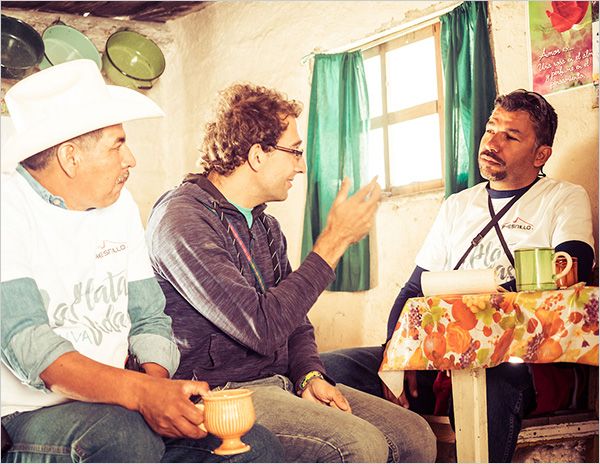
What are the key ingredients to strong host mining relations? I decided to follow-up with some thoughts on that question following a debate on this topic from a blog I wrote in late November contemplating the possibility of another takeover bid for Anglo-American.
I speculated that poor host community relations could potentially torpedo M&A deals in the mining space.
The blog drew quite a bit of comment from different sides of the mining industry. But all agreed that getting host community relations right is crucial.
Key to success
It is increasingly acknowledged in the mining industry that having a ‘social licence’ to operate is indispensable. I would even go as far as saying that it now ranks alongside the traditional success drivers of mining, such as a good mineral deposit, favourable economics, connected infrastructure and competent management.
“Local communities, when not respected and taken for granted, have stopped major mining developments all over the world - I've seen it for 48 years,” wrote Mark Cutifani who used to be Anglo-American’s CEO. “Local communities are not stakeholders in our work, they must be partners on terms that enable a long-term working and social building relationship.”
Junior Shoeman, who co-founded Humanixs, which focuses on mental wellbeing issues, responded that host communities are sensitive to change. He wrote that this is particularly the case when rotating mining company representatives tell different stories, make broken promises, fail to grasp root-level issues and risk creating misunderstandings.
Unlike with geology, which relies on science, dealing with local communities is all about people. That can be messy and unpredictable, which unnerves many mining executives.
There are, however, some core principles that go a long way towards building positive relationships between host communities and mining companies.
A two-way street
It starts with being proactive and getting a step ahead of any potential challenges. This can avoid costly conflicts, project delays and preserve a mining company’s reputation as a responsible corporate citizen.
Trust building is a key component of being proactive, which is not always easy. As Schoeman explains in his comment, traditional approaches, such as town halls often fail to engage effectively with people in the community. Issues, such as cultural differences, can get lost in translation, leading to misunderstandings. I agree.
Taking time to engage one-on-one with community leaders and individuals can unearth complex issues, which if left unaddressed, could become serious problems later on.
Deciding together
And decisions need to be taken together - this is not about imposing a top-down approach and imposing initiatives from above. The local community needs to have buy-in and take part in shaping any initiatives - whether they are new schools, medical facilities or job creation schemes.
Though such schemes can bring tremendous benefits to the community - if they’re not properly delivered in a way that matches local needs - they can end up wasting resources.
“In return for access to mineral resources, (host communities) are demanding more involvement, engagement, and value sharing to protect their environmental, social, and economic interests,” wrote Gary Poole, CEO of WYRD Global, a mining technology specialist. “They do not want to be informed about mining company activities; they want to be part of the solution.”
Maintaining continuous dialogue is a must so the community feels heard and respected. And also, it is important to quickly pick up on any discontent so it can be addressed before it mushrooms into a bigger issue. But also, it is about setting realistic expectations at the start, so locals don’t feel let down. After all, mining companies do not have unlimited budgets for community projects.
Regular risk assessments are also important as a mining project evolves. Developments such as building a new road for trucks to transport the ores through to dealing with tailings can all have an impact on a community. They need to be designed with a view to having as small an impact as possible on the local community and environment.
Gaining power
As Poole explains, as communities gain more influence over decision making and operations, they are finding they can flex their muscles and block a licence to operate, if their concerns are not adequately addressed. “To protect their investments, mining companies will need to rethink how they protect and share value with the communities that are home to their mine sites.”
Fundamentally, it comes down to building trust, practicing accountability, being transparent, showing respect and engaging in mutual dialogue. Applying these principles is unique to every host mining community, which is why time and effort needs to be taken to understand each one.
But this is not just about managing risk. Host communities can contribute in a powerful way towards a mine’s success. Cutifani attributes the delivery of Anglo American’s Quellaveco copper mine in Peru on schedule in large part due to the local community seeing the project as partly their own.
Host communities should not be treated as an operational risk, but as partners in a mining project.
